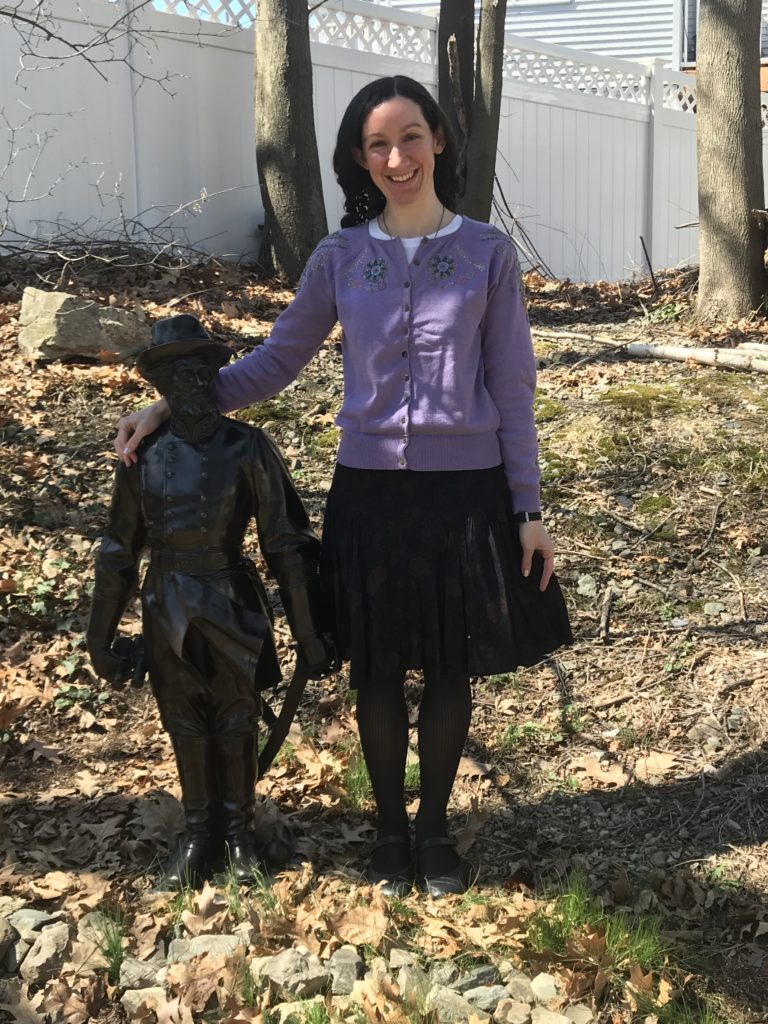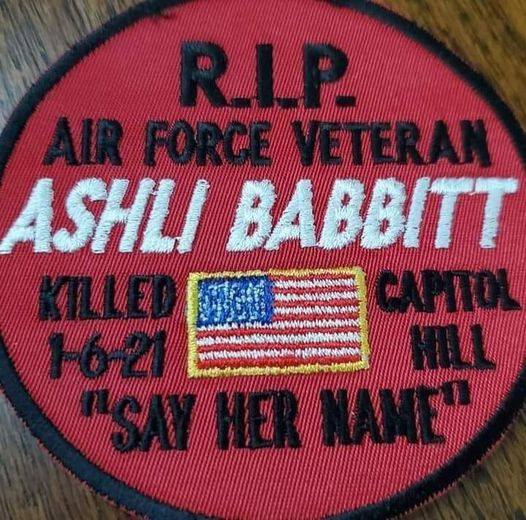“Is it ever morally acceptable to visit a Confederate historical site?”
Such is the question that was asked in a recent New York Times ethics column.
It sickens and disgusts me that someone would even ask this question.
The Confederacy is my special interest.
It is everything that makes my life worth living.
It is beauty, it is joy, it is happiness, it is freedom.
The fact that I would even need to defend the moral acceptability of the thing that makes my life worth living is appalling and abhorrent, and makes me feel sick to my stomach.
But this very attitude – that the Confederacy is somehow immoral – is not new.
This is the first time that I have seen the question explicitly asked, the first time that I have seen the words “morally acceptable” printed in the same sentence as the words “Confederate historical site.” But the attitude that the Confederacy is somehow immoral is precisely the reason for the pain and trauma that I have experienced over the past three years. This attitude is exactly what motivates the countless atrocities that have been carried out against Confederate statues, monuments, and historical makers of all sorts all over the country and even the world. The atrocities that have been carried out against me.
And the attitude underlying these actions is precisely why they have been so painful and traumatizing, and why I characterize them as atrocities. It is not simply the loss of the statues and monuments – collectively the thing that makes my life worth living – that has inflicted such trauma and pain. It is the fact that their removal is a moral condemnation of the statues themselves, the ideas that they stand for, and the people who like them.
The removal of Confederate statues is a moral condemnation of me.
If statues had been destroyed accidentally – say by an earthquake or a tornado – it would be sad, and I would grieve their loss. But the destruction of the statues is not accidental. It is intentional, systematic, and pervasive. What has made the past three years so bad is that in addition to my grief – layered on top of an already agonizing experience – are the shame, anger, and rage of being almost unanimously rejected, repudiated, and morally condemned by our society.
This intentional destruction is a way of saying: who I am is immoral. Who I am is morally unacceptable.
That is why the removal of Confederate statues hurts so much. Because it is a moral condemnation of me. For being autistic. For being different. For being a rebel. For supporting the losing side. For liking something that most people do not like.
In a society where things that used to be considered immoral – abortion, homosexuality, having a baby out of wedlock – have become almost unanimously accepted, it hurts that the very essence of who I am is morally condemned.
It hurts that someone would even ask the question of whether the very essence of who I am is ever morally acceptable, let alone that someone would answer in the negative, or even think about answering in the negative. (I did not read the column itself, because I know that doing so would be too painful for me to be able to tolerate, but my guess is that the ethicist at the Times did not provide a positive answer.)
It hurts that the question would even be framed in this way.
I am a good person. Many people would likely disagree, but I genuinely believe that. I haven’t done anything wrong by being autistic, by being different, by being a rebel, by supporting the losing side, by liking something that most people do not like. I haven’t done anything to deserve moral condemnation.
So I affirm: not only is visiting a Confederate historical site perfectly morally acceptable; it is morally good. Always. All the time. In fact, it is the most morally good thing imaginable. There is nothing more morally good than Confederate history, the sites, artifacts, and public art associated with it, and the decision to support it by visiting those sites.
The real question that should be asked: is a world without Confederate historical sites morally acceptable?
The answer is no. Obviously not. I feel more strongly about that answer than I do anything else in the world.




